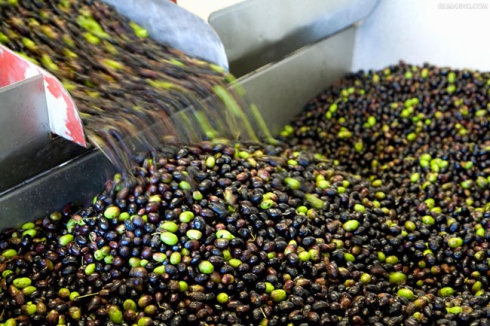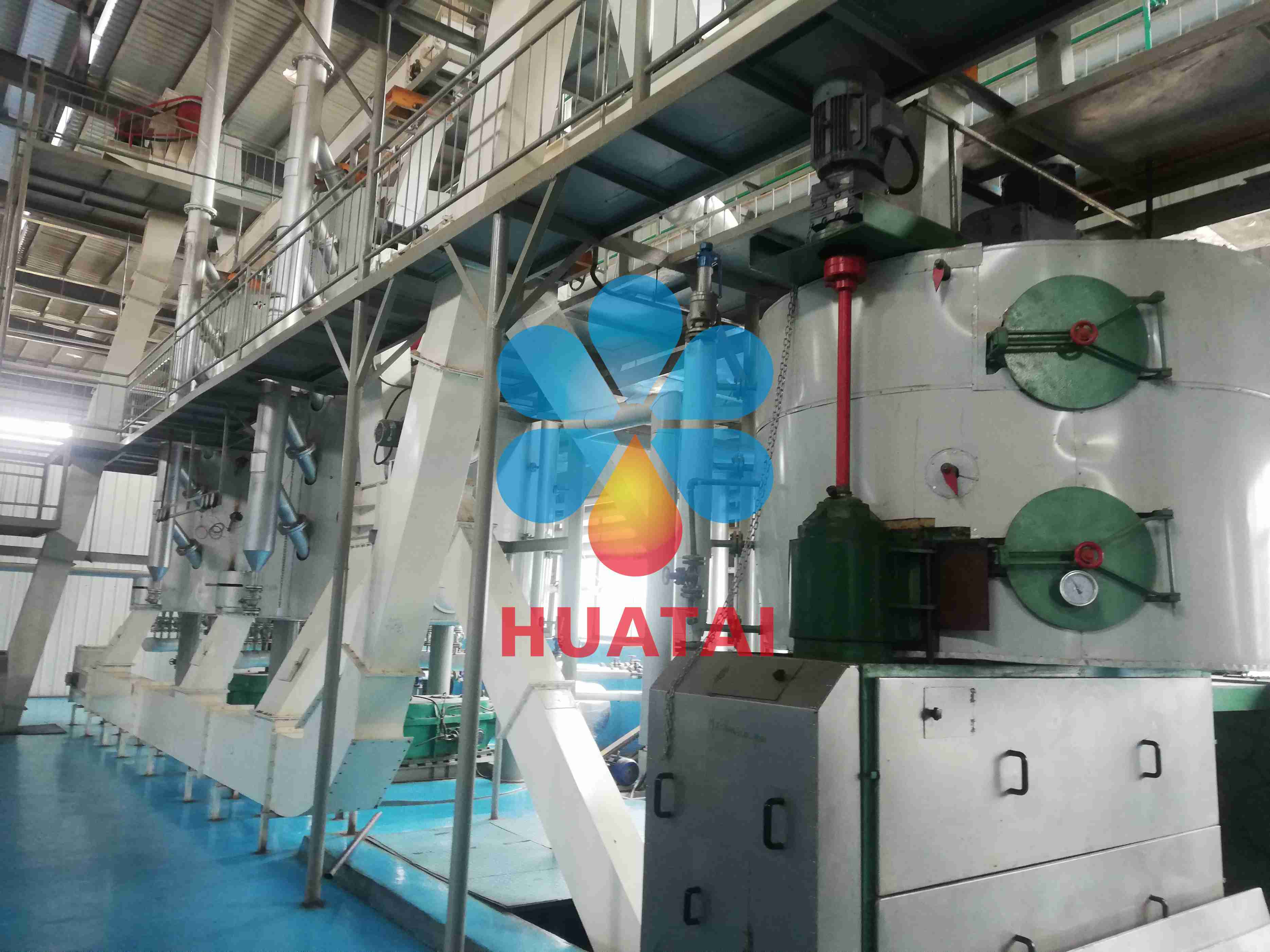When buying olive oil, many people feel confused by the terms "refined" and "virgin." In fact, these words represent entirely different production processes and nutritional values.
The production of olive oil is a rigorous and complex process: It begins with the harvesting of fresh olives, followed by transportation and proper storage. The olives then undergo meticulous destemming, washing, and crushing, before being mixed and centrifugally decanted. Finally, the oil is separated by centrifugation, stored, and bottled. From fruit to bottle, every step in olive oil production is strictly controlled to ensure quality.
Virgin olive oil retains more of its original nutrients, such as monounsaturated fatty acids, olive polyphenols, and vitamin E. These nutrients are highly beneficial for human health—monounsaturated fatty acids, for example, are less prone to oxidation and help reduce blood lipids and lower the risk of cardiovascular disease. Refined olive oil, on the other hand, undergoes chemical extraction, resulting in lower levels of nutrients like linolenic acid and linoleic acid, as well as a higher natural acidity (over 3.3%). Thus, its nutritional profile is slightly inferior.

Virgin olive oil is produced through physical pressing, preserving the original flavor and nutrients of the olives. It requires no heating or chemical treatment, retaining more natural components. Refined olive oil, however, is processed using organic solvent extraction and high-temperature heating, which remove some antioxidants and result in higher natural acidity. Specifically, refined oil undergoes five basic steps: degumming, deacidification, decolorization, deodorization, and dewaxing, before meeting national standards for refined oil.
Virgin olive oil has a low smoke point and is not suitable for high-temperature cooking. It works best for cold dishes, gentle steaming, stewing, or adding along the wok’s edge. High heat can destroy its nutrients and alter its natural flavor and nutritional value. If used for stir-frying, it tends to smoke easily due to its low smoke point (below 120°C). Refined olive oil, with its higher smoke point, is ideal for high-heat cooking methods like stir-frying, pan-frying, and deep-frying. Although it may be less nutritious than virgin olive oil, it remains stable under high temperatures and is less likely to produce harmful substances.

Both virgin and refined olive oils have their merits and drawbacks. Virgin olive oil is better suited for cold dishes and low-temperature cooking, while refined olive oil excels in high-heat cooking. When choosing, you may decide based on your cooking habits and taste preferences!
Huatai Oil Machinery provides good quality oil mill plant, time & fast delivery, perfect after-sale services, and reasonable price, contact us!
Website: https://www.huataioilmachine.com/Copyright @ Henan Huatai Cereals And Oils Machinery Co.,Ltd.